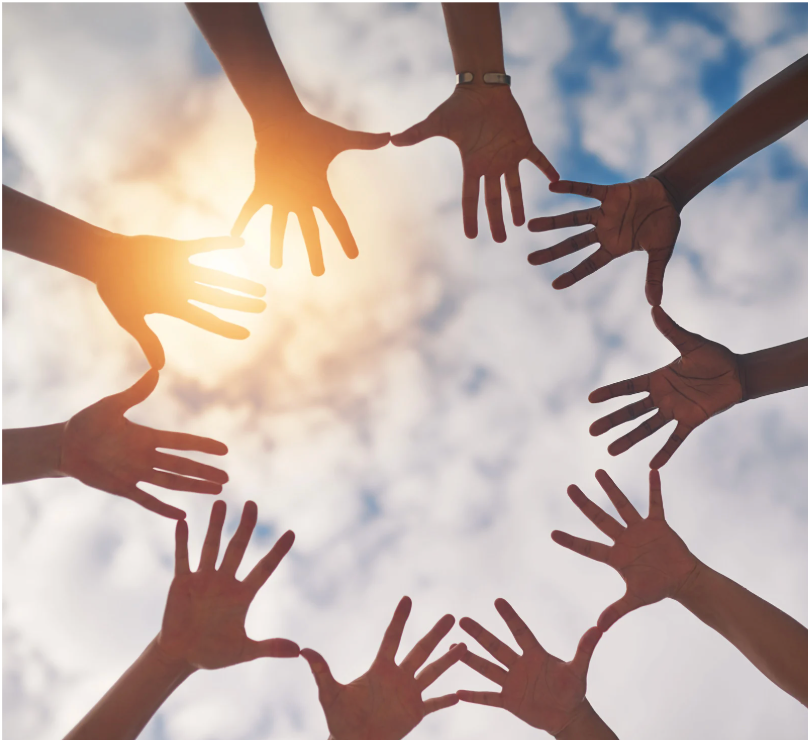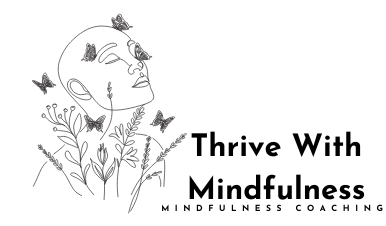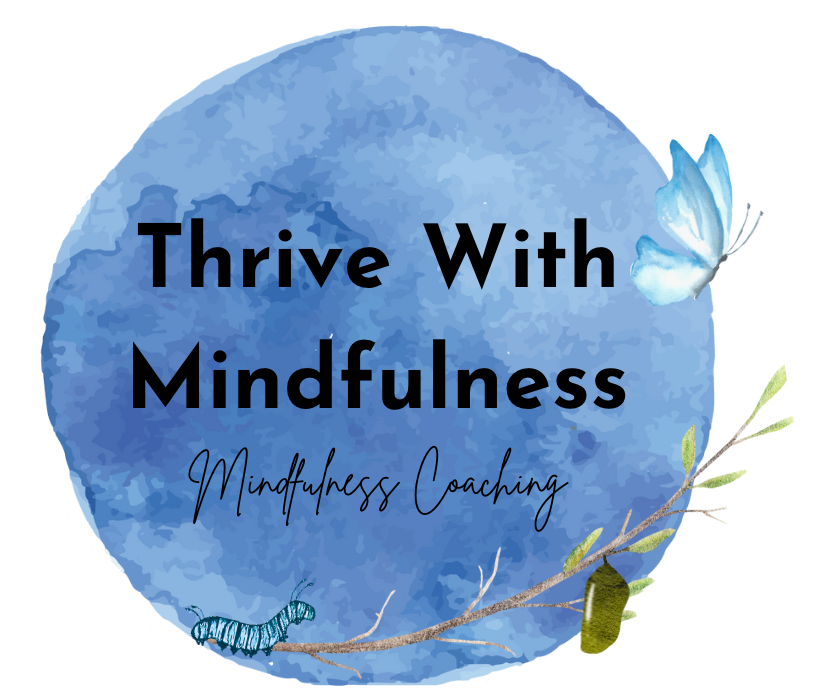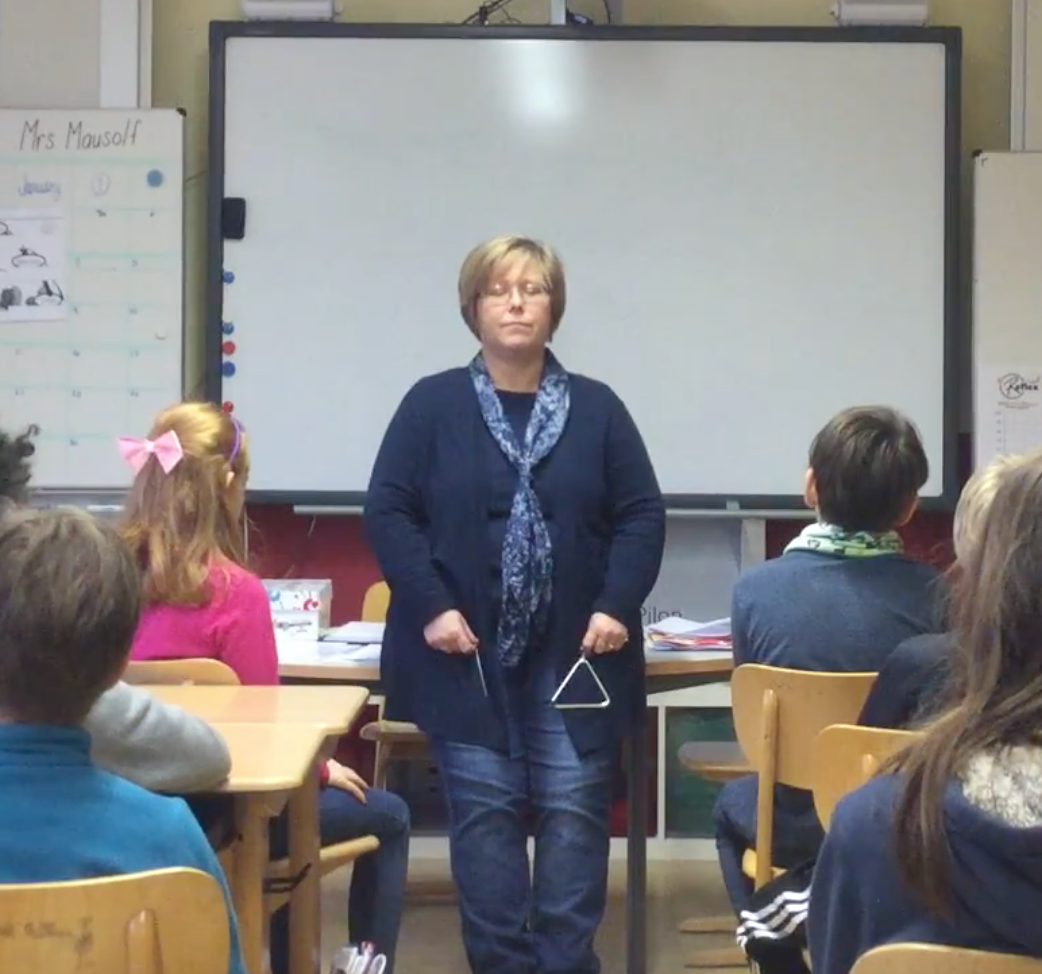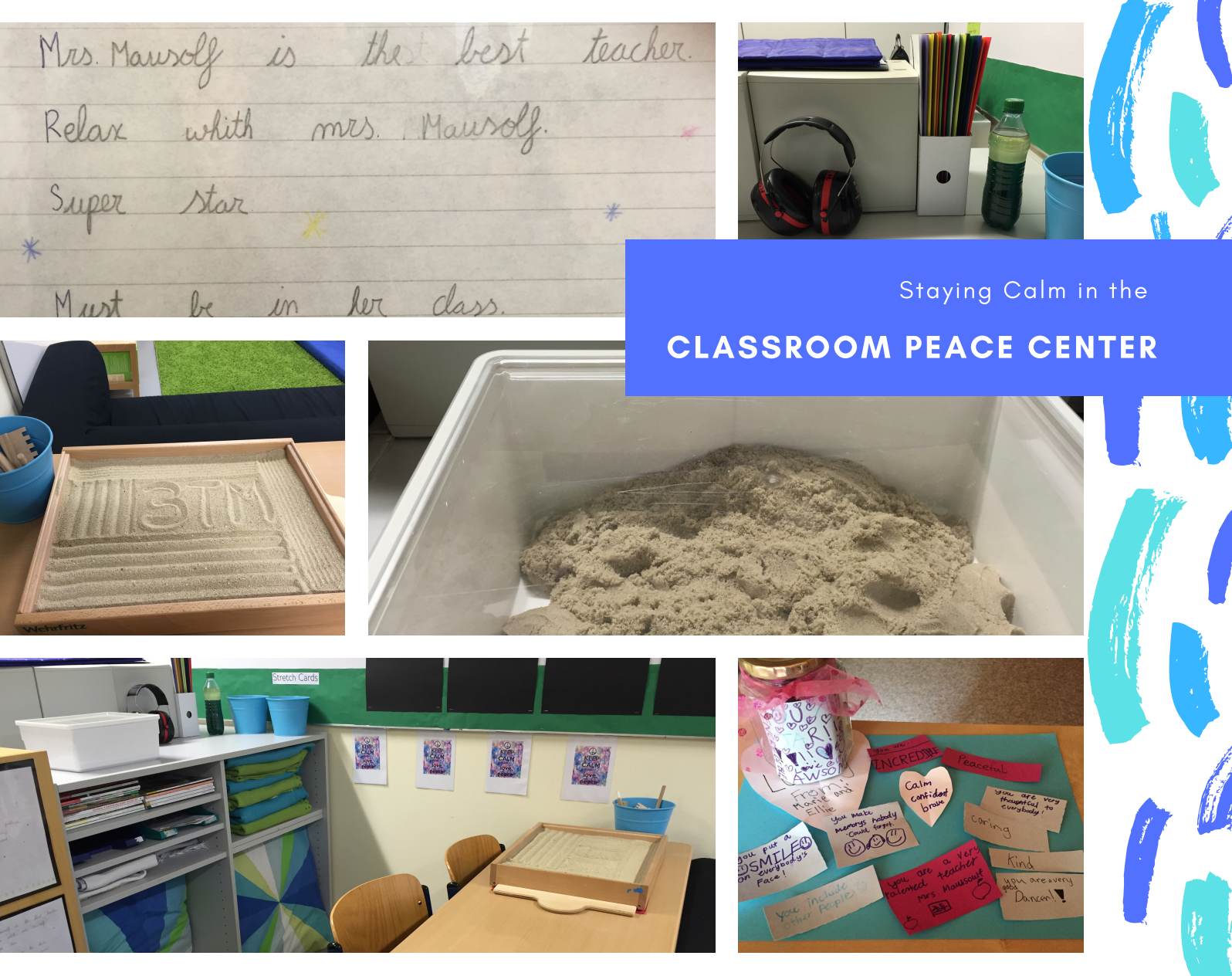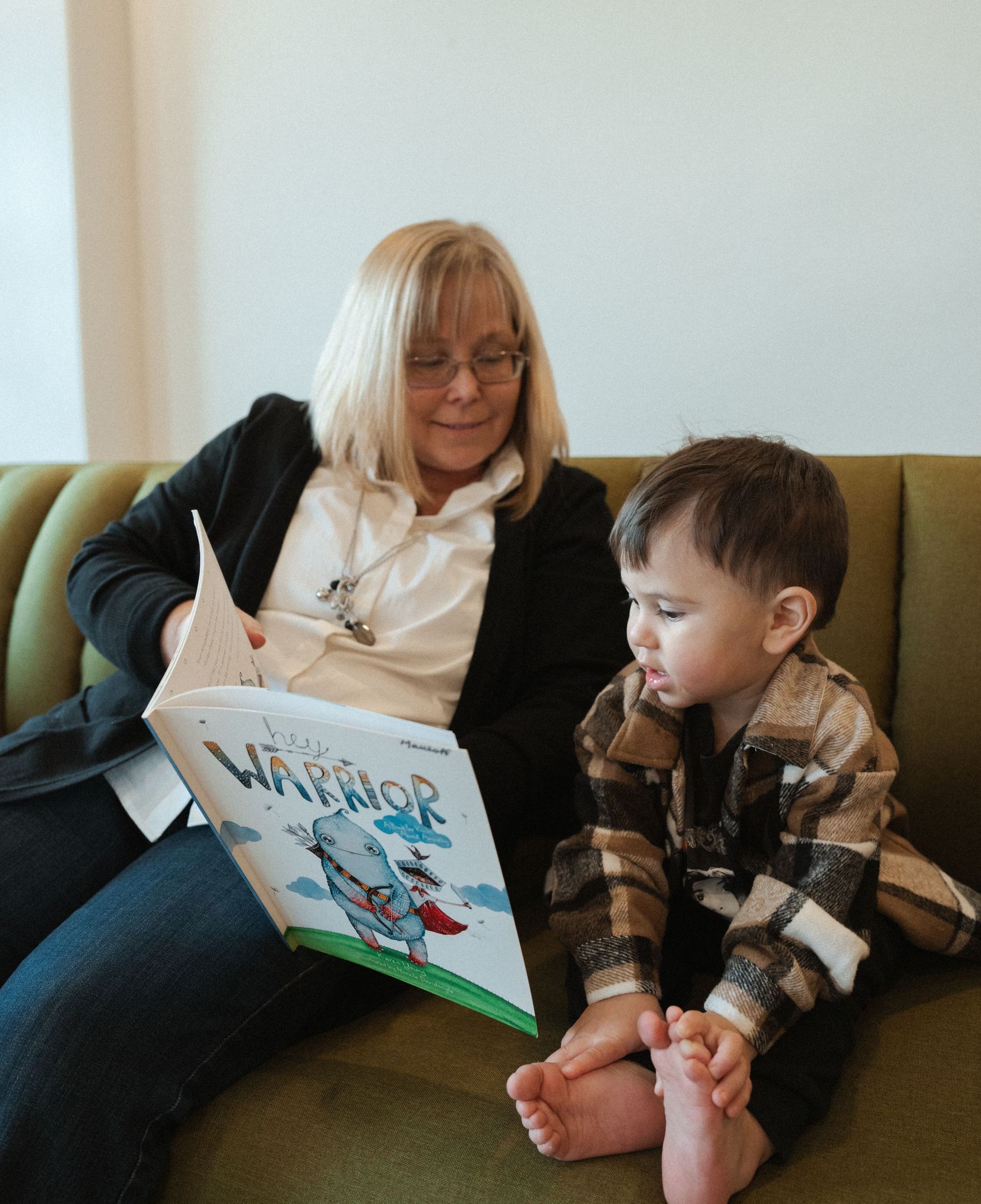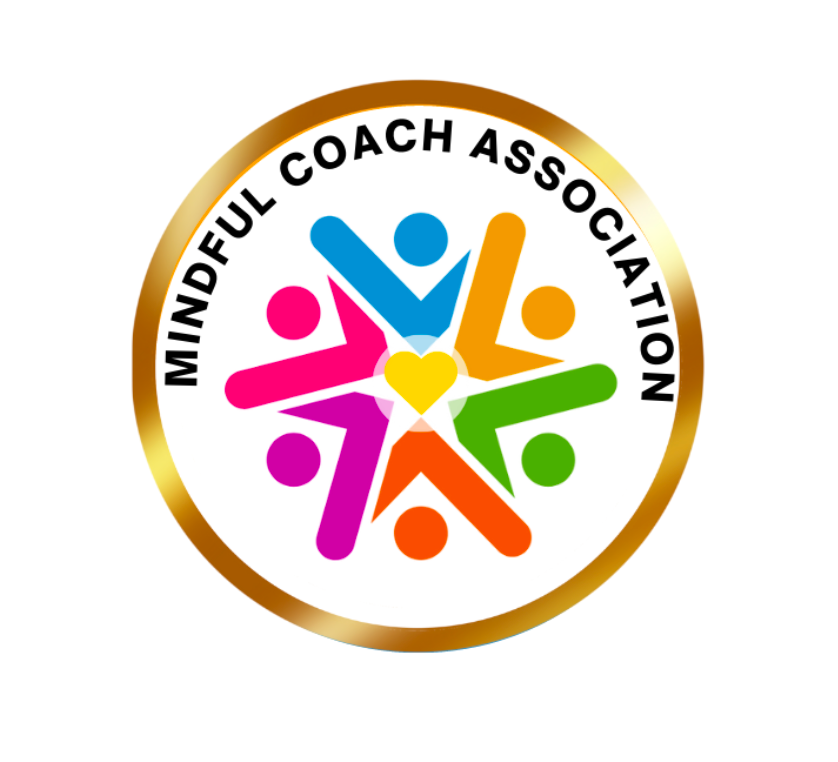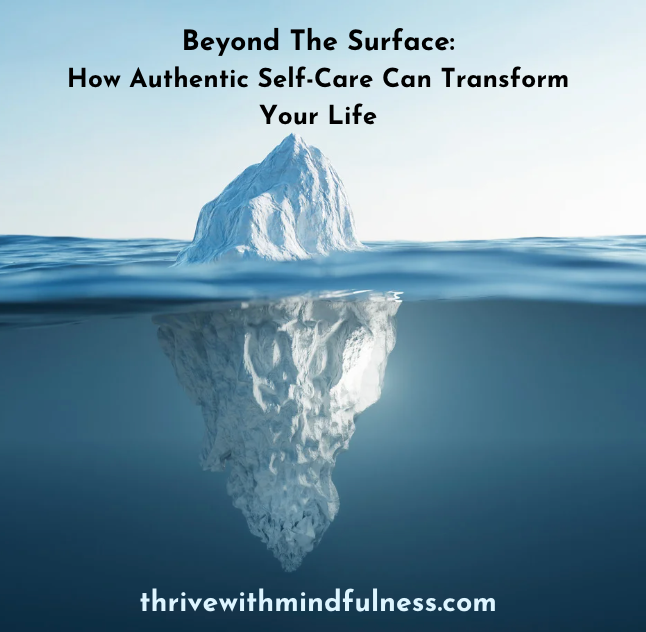
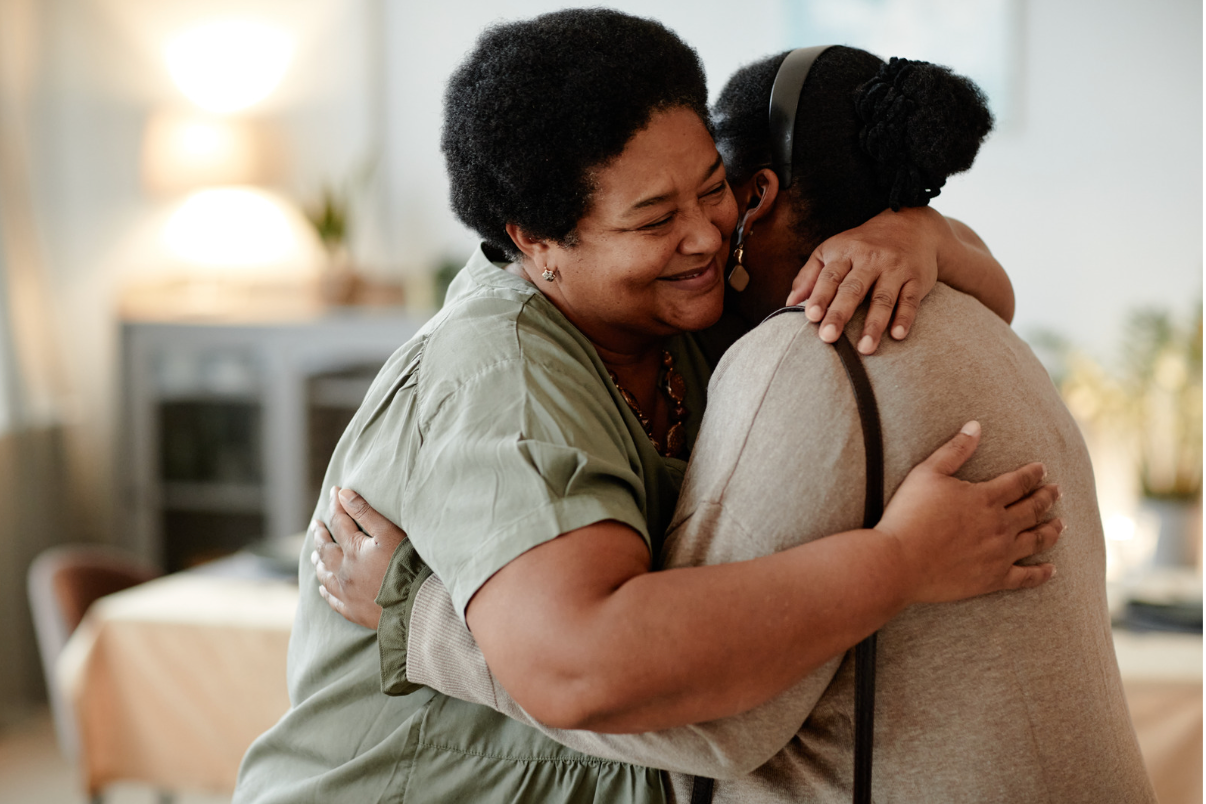
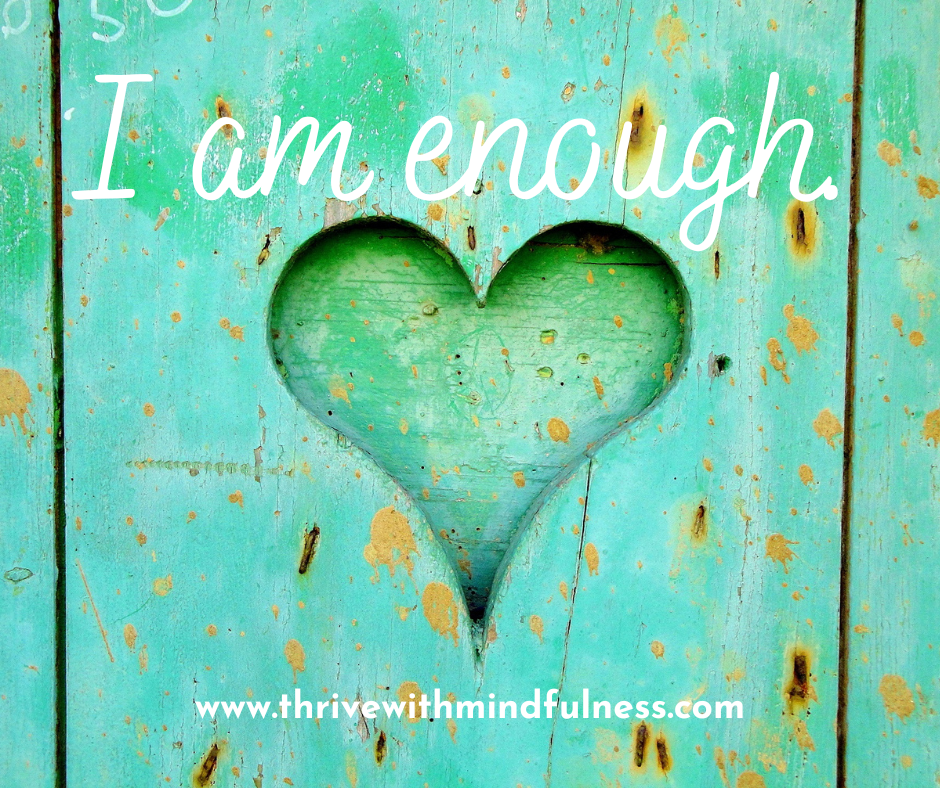
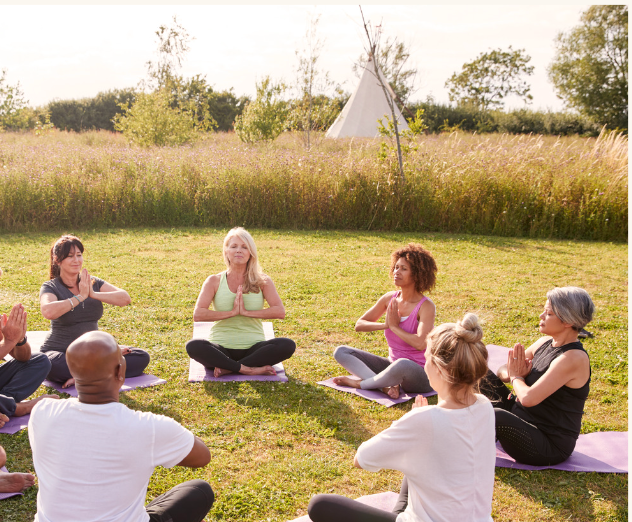

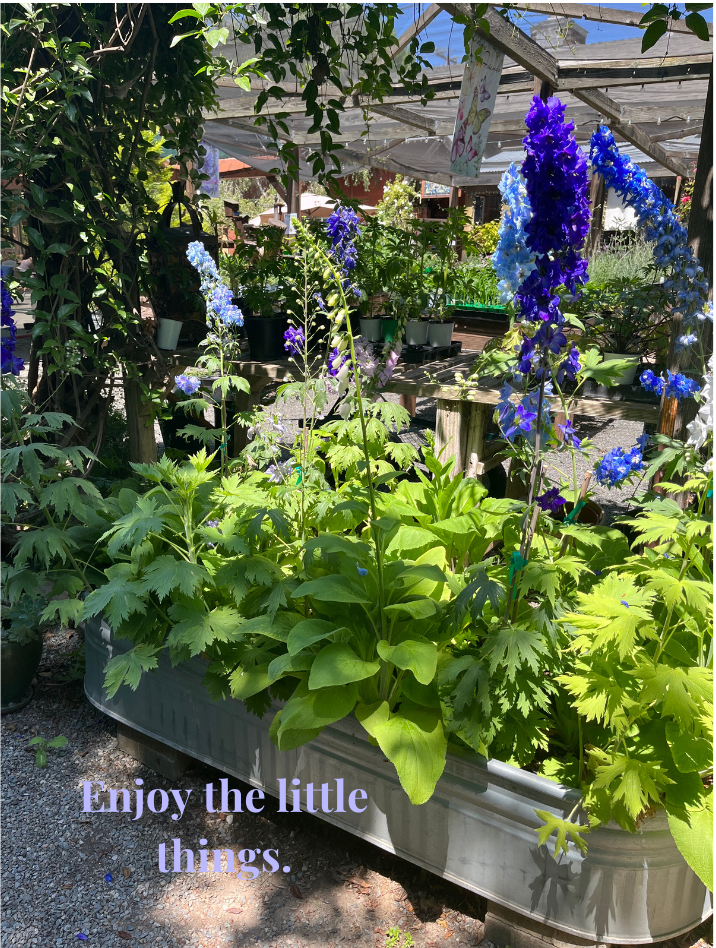



The Mindful
Educator Program
An 8-week program designed to teach education professionals how to use mindfulness to transform their teaching experience.
Lead your classroom with love, compassion and connection
An 8-week program centered on teaching educators how to use and implement mindfulness to transform their teaching experience. The Mindful Educator Program is designed for teachers who are interested in investing the time to truly connect with their students, build deep and trusting relationships, and teach their students how to use mindfulness to help them navigate their big emotions and challenges with confidence.
This program will guide you through the basics of starting a personal mindfulness program and help you, step by step, to apply what is learned to the relationships within your classroom and school.
Led by Traci Mausolf, Mindfulness Coach and Trainer for heart-centered parents and educators.
Can you relate?
Balance & Flow - Would you like to feel grounded in consistent routines, healthy communication, and lots of fun moments with your students, but feel trapped in the chaos of juggling planning, teaching, and administrative tasks?
Behavioral Outbursts - Are you beyond tired of the disruptions and arguing, but none of the advice you’ve listened to and tried is helping? Do you feel ready to discover effective, research-supported techniques to give you the confidence and security of knowing that no matter what happens, you have the tools to support your students through their big emotions?
Connection Issues - You desire to feel understood and energized again, but need support in reconnecting with your students and colleagues?
Lack of Time - You dream of having more time to spend planning quality units, collaborating with colleagues, and truly connecting with your students.
It’s Just Not Fun - Are you feeling like what you envisioned teaching to be is not anything like what you’re currently experiencing, and frankly, it’s not fun at all?
If any of this resonates, you are not alone.
The Question Is:
How can we as educators create flow in our lives that takes our students’ basic academic needs into consideration and at the same time grounds us in a stable and secure environment that nurtures all of the members of the classroom ‘family’? What does it mean to be a mindful educator, and how exactly will our children benefit from learning mindfulness at school?
The Mindful Educator Program answers these questions.
INTRODUCING:
The Mindful Educator Program
This hybrid group and 1:1 program is crafted to empower educators in unlocking the boundless potential of mindfulness as they delve into the realm of self-discovery and explore their classroom vision, establish a mindfulness practice, and gain invaluable strategies for fostering a harmonious, mindful classroom dynamic.
Welcome to
The Mindful Educator Program.
I’m Traci Mausolf, and I’ll be your guide on this journey.
I’m a mindfulness coach for parents and educators, and I am the founder of Thrive With Mindfulness LLC. For 27 years I have worked with children and their parents in the education field, focusing not only on academic success, but also on social-emotional wellbeing.
I completed my mindfulness training program to work with school communities in 2018, and since then I have taught my students mindfulness, offered mindfulness as an after school program, and parent workshops.
In The MIndful Educator Program, I will set you up for classroom leadership success by helping you to develop your mindfulness skills and by teaching you valuable strategies that you can model to your students. I will give you practical tips on how to involve your students in your practice, and how to teach them to be mindful in a playful, intuitive way.
How did this program come to be?
I began my mindfulness journey in 2012, after a long search to find a cure for a skin condition that I had been dealing with for 2 years. Up until then, I had been looking at topical treatments, special foods and herbs to help me heal, and anything external that I thought might just be the ‘magic cure’. It wasn’t until a friend sent me a book for kids written by Deepak Chopra that I made the connection that maybe I might be suffering from high stress levels. That is when I decided to visit the Chopra Center in Carlsbad, CA to learn primordial sound meditation. Within 30 days of beginning my meditation practice, I had not only healed from the skin condition, but I had also noticed many other positive developments in my life. I felt calmer, happier, and more connected to others, especially to my family.
When I discovered that mindfulness was a similar practice to meditation, and that it was a secular practice, I began the certification process for this practice. In doing so, I have also discovered that the combination of practices have helped me to get to know myself on a much deeper level, and how to show up in my life in my best and most authentic version. Not only did it help me as a teacher, but it made a huge difference in how I approach parenting.
One of the most beautiful things about a mindfulness practice is that we learn about the ripple effect. This course is my way of sharing my journey with heart-centered teachers, just like you, who dream of finding a more connected, nurturing, supportive path that allows you to thoroughly ENJOY your teaching experience and the relationships with your students to the fullest.
Client Quotes
"Thank you very much! You have really inspired me to start using this in the classroom. I want to create a peace center!"
Tara Allen
"Such great ideas to create an atmosphere of safety and wellbeing in the classroom. Thanks a lot!"
Sophie Pavel
What makes The Mindful Educator Program different from other classroom Wellbeing programs out there?
While many popular SEL programs focus on the students only, The Mindful Educator Program actually teaches educators how to establish and sustain a mindfulness practice of their own.
This is the key factor which sets The Mindful Educator Program apart. Because we teach educators how to practice mindfulness themselves, they are more motivated to model and share this practice with their students and weave it into every part of instructional routines.
This creates an atmosphere of safety and calm which makes concentration, focus, and academic success much easier to maintain and sustain.
This program includes:
This program includes:
- 8 pre-recorded modules, sent to your inbox one week at a time. With the schedule of busy educators in mind, each pre-recorded session is sent to your inbox on Friday so you will have the weekend to watch it in small, segmented parts, allowing for maximum learning and opportunities to prepare your questions for the live session.
- 8 live group sessions, 60 minutes each. The group session is your opportunity to connect with other parents in the course, tap into accountability and peer support, while also building your mindfulness practice. It can be powerful to practice among peers, allowing you to root into a sense of belonging and fulfillment on this shared path. You’ll also get spot coaching to help you integrate and deepen your practice over time and ensure that you're on the aligned path for you and your goals.
- Post-session video recordings. You will receive access for the recorded live sessions for 6 months after the session, allowing you to refer back to your session whenever you need additional support.
- 1 private 1:1 session, 90 minutes. In this session, you will have the opportunity to receive help where you need it the most. Together we will create a customized practice plan based on your individual needs.
- 1:1 follow up support. After your 1:1 session, I will follow up with you to make sure that your practice plan is working the way we designed it to. During this call, we will make any adjustments to your plan that might be necessary.
- Course related materials. Journal prompts, weekly questions for reflection, and more.
You'll walk away with:
- 8 pre-recorded modules, sent to your inbox one week at a time. With the schedule of busy educators in mind, each pre-recorded session is sent to your inbox on Friday so you will have the weekend to watch it in small, segmented parts, allowing for maximum learning and opportunities to prepare your questions for the live session.
- A community of like-minded educators. Now that the pandemic is officially over, many of us find ourselves trying to rebuild our professional (and social) networks. We have moved to new locations for our work, and in doing so, we are craving social connection, a sense of belonging, and support. This is a place to find your tribe and stay connected no matter where you are in the world.
- A new sense of grounded confidence. You know you have the tools you need to handle any situation that comes your way, giving you a sense of safety and stability that you have been longing for.
- The self-assurance to build the nurturing, supportive, mindful environment that your students will thrive in. Mindfulness opens us up to new possibilities, and it gives us the confidence and inner strength to craft exactly what we’re dreaming about.
- A sense of excitement and joy. Even the most mindful classrooms will have their highs and lows, however, you’re noticing the shift. You’re having more highs than lows. Fewer tantrums. Fewer miscommunications. Fewer moments of overwhelm. More connection. More laughter. You feel lighter. You’re noticing that it’s FUN to be on this mindful path!
The Investment:
$997
Payment plan available.
The Mindful Educator includes:
- 8 pre-recorded modules, sent to your inbox one week at a time.
- 8 live group sessions, 60 minutes each.
- Post-session video recordings.
- 1 private 1:1 session, 90 minutes.
- 1:1 follow up support.
- Course related materials.
This is for you if...
- You’re ready for lasting, sustainable change. You feel ready to take a closer look at what is working in your classroom situation, and what isn’t (misbehavior, miscommunications, never enough time for fun). You’re excited to do the work to pinpoint what your classroom vision is.
- You’d like to have expert guidance to support you as you lead your classroom towards your vision. Having a safe, nurturing space to support you while you make lasting changes for yourself and your students is exactly what you feel will set you up for success.
- Your commitment is unwavering. Establishing a mindfulness practice involves commitment, openness to trying new things, curiosity, and consistency. You know this is going to take some work, and that the outcome will be worth it!
This is not for you if...
- You are looking for a quick fix to ‘correct’ behavior rather than understand it. We all desire a harmonious flow in our family life, and it’s natural to want to immediately stop unwanted behaviors using consequences. However, this approach often leads to unintended issues down the line, which goes against the principles of building mindful relationships.
- You’re not ready to invest the necessary time and effort. Mindfulness requires work, starting with ourselves, as we are our children’s primary role models. They look up to us, emulating our every move. To succeed in this program, it’s crucial to devote time to the practice and model the behaviors you learn.
- You have other commitments that keep you busy. We understand that work, family obligations, personal pursuits , and various activities demand your time. Yet, when something isn’t working within your classroom, and you’re unwilling to reevaluate your priorities and make the necessary adjustments to prioritze mindfulness for yourself and your students, then this course may not align with your current circumstances.
Thank you for giving me a new perspective on parenting. As a teacher this is powerful for me to understand.
Tracy Doverspike
I have worked with this school community for years and I can truly say that this course has had an extremely positive effect on both students and teachers. I hope Traci will continue to shine her mindfulness light for our community for many years to come.
Leslie Wandkowsky
FAQs
Got a question? We’re here to help.
-
I’ve never practiced mindfulness. Is this for me?
Whether you’re new to the practice, have dabbled a bit, or have an established practice and are looking for tips on how to apply it to teaching, this program is for you.
-
What if I miss a live group session?
Live group sessions will be recorded and posted in our community portal where you can access them for 6 months.
-
Do I need to be a skilled mindfulness practitioner to thrive in this program?
Not at all. You will be guided through the entire program no matter what your experience level is!
-
What is required of me in order to thrive in this program?
If you have an open mind, an interest in creating lasting change and deeply connecting with your family again, you are going to rock this program.
-
What is the time commitment for this program?
Each week you will receive a 30-40 minute pre-recorded video that is divided into segments so you can watch a few minutes at a time. You will begin with a 10 minute practice and build up to an 18 minute practice each day. This program requires you to keep a journal and answer reflection questions. The time it will take to complete this varies significantly from person to person.
Mindfulness Coaching
Welcome to the website!
